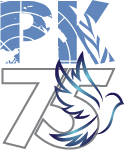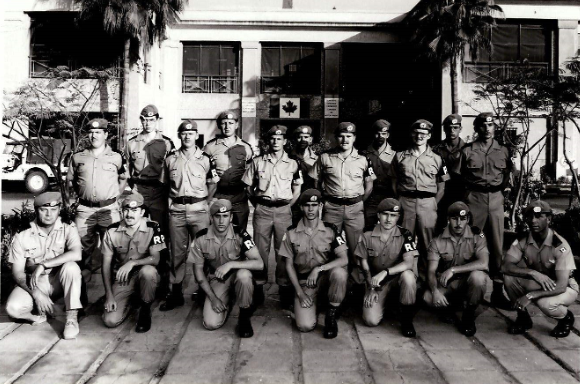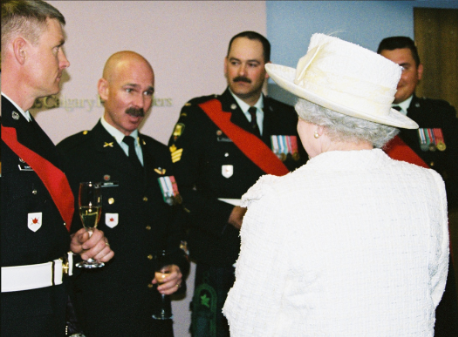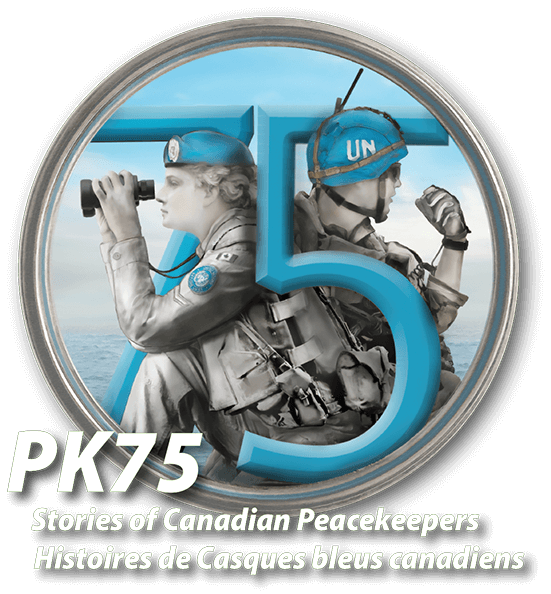

After graduating from high school in 1977, I was troubled with my future career choices. I had been employed as a part-time Army Reservist since April of 1976, completing my recruit course and basic infantry training that summer and qualifying as a Machine Gunner the following winter. I had been promoted to the rank of corporal and was considering joining the full-time Regular Force.
At that time, there were opportunities for Reservists to deploy with the Regular Force on United Nations Missions in Cyprus, Egypt, and the Golan Heights. These missions were six months in duration, preceded by some orientation training prior to leaving Canada. I was intrigued with the possibility of trying out the full-time army while seeing another part of the world, so in September I submitted my name and awaited approval. To fill the time over the winter, I continued to train with the Reserves as a driver. Having heard nothing by April, I volunteered to attend a training exercise in Wainwright, AB to be followed by two summer courses in Dundurn, SK.
Just before the exercise I got the news; I was going to Egypt in October! But only at the rank of Private.
I completed my orientation in Montréal and flew off to Cairo (via Germany) to join the United Nations Emergency Force II.
What a culture shock. Seeing the pyramids and Sahara Desert bordering on the massive city next to the famous Nile River was amazing. The people; the traffic; the heat; and the smells. We drove a couple hours east to Camp El Gala in Ismailia and I was met by another corporal who took me to my accommodations — a back room in an old, condemned building called “the guard house”.
I awoke the next morning at sunrise, noticing that there was no glass in my window opening and that the curtains were nothing more than rags nailed to the frame. A scorpion ran across the stone floor as I scratched my itchy chest, speckled with red dots. My roommate stared at me, ignoring the scorpion, and said, “Bed bugs. You need to get a new mattress.”
My job was camp security as part of the Regimental Police (RPs). I was trained to conduct patrols after dark and to monitor access at the front gate during the day. I was issued a pistol and a submachine gun, a blue beret, and an official armband. The camp provided supplies and support for the outposts in the Sinai Desert “buffer zone”. The outposts were operated by UN observers who monitored the local Bedouins and watched out for any military build-ups on either of the Israeli or Egyptian sides. The risk to the peacekeepers was the possibility of being caught in the middle of another major attack.
During my tour of duty, I escorted supply convoys across the buffer zone and participated in a relief exchange with the Swedish contingent where I worked as an observer at “Position 556 — the Devil’s Hole”. I also had the privilege of meeting people from many cultures. There were Polish, Australian, Swedish, Finnish, and Ghanian peacekeepers as well as the local soldiers and civilians. I discovered that not a single Egyptian or Israeli that I met wanted war. Even their soldiers only wanted peace. It was the governments and religious leaders that forced their citizens into combat. The most important lesson that I learned was that both sides only wanted to live in safety, raise their families, and enjoy life. Fortunately, there was no escalation in armed conflict while I was there, and a peace treaty was signed — the United Nations did their job.
I returned to Canada in April of 1979 with some incredible experience and amazing stories, but with a different view of full-time army service. I had decided not to join the Regular Force. I realized that I could get the best of both the military and civilian worlds by staying in the Reserves and attending community college (trade school). Even though I only worked in my Diesel Mechanic trade for a couple years, prior to becoming a Customs Officer at Calgary Airport, I remained in the Reserves for 43 years.
Biography
Kent was born and raised in Winnipeg MB. In 1976, at the age of sixteen, he joined the Canadian Forces (CF) Reserves after serving as an Army Cadet. In 1978 he voluntarily deployed to serve with the United Nations Emergency Force in Egypt. He then moved to Calgary, AB and joined The Calgary Highlanders where he served until he was promoted to Chief Warrant Officer (CWO) in 2002 upon becoming the Regimental Sergeant Major (RSM).
In 2004, he became the 41 Canadian Brigade Group Sergeant Major, finishing in 2007 upon return from Kandahar Afghanistan. He was then chosen to become the Army Reserve Sergeant Major. This job required commuting to Ottawa and many trips to liaise with foreign armies, most particularly the U.S. Army Reserves and National Guard as well as the British Territorial Army. The Governor of Kentucky commissioned him as a “Kentucky Colonel”.
Subsequently, in May of 2009, he was appointed as the CWO responsible for all Canadian Forces Navy, Army, Airforce, and Special Forces Reserves as well as the Cadet Programs and their staff for Canada. In 2010 he was the first Reserve CWO to complete the Canadian Security Studies Programme at the CF College in Toronto and received the Canadian Forces CWO Award of Excellence in 2011. After that, CWO Griffiths served as the RSM of The Algonquin Regiment from 2013–2016. He then returned to Calgary and was promoted directly to the rank of Major in 2019 prior to his retirement.
Over his career, he has completed much military training including Paratrooper, Machine-gunner, Anti-tank Gunner, Radio Operator, Driver, Mortarman, Intelligence Operator, and even Musician and Military Policeman. He has been a leader at all levels and has instructed many courses. He has also been fortunate to have travelled all over the world in military service — USA, England, Scotland, Holland, France Belgium, Germany, Bulgaria, Italy, Egypt, Israel, Afghanistan, Australia, New Zealand, and across Canada. He has met so many amazing people, but the highlights were his meetings with Queen Elizabeth including a personal audience in Buckingham Palace for almost an hour.
In addition to his eight medals, Kent was awarded the Head of the Public Service Award, the National Defence Ombudsman's Award for Ethics, and the 2022 Veterans Affairs Ombudsman’s Commendation.
After retiring, Kent continues to reside in the Calgary area and volunteers as a curator for The Military Museums, in addition to actively supporting several charities and non-profit organizations, participating as an executive member of two or three associations at a time, as well two Regimental Senates and multiple committees.

Regimental Police – CCUNEFME – Ismailia Egypt, 1978 (Griffiths front centre).

Griffiths and The Queen, Calgary 2005.


